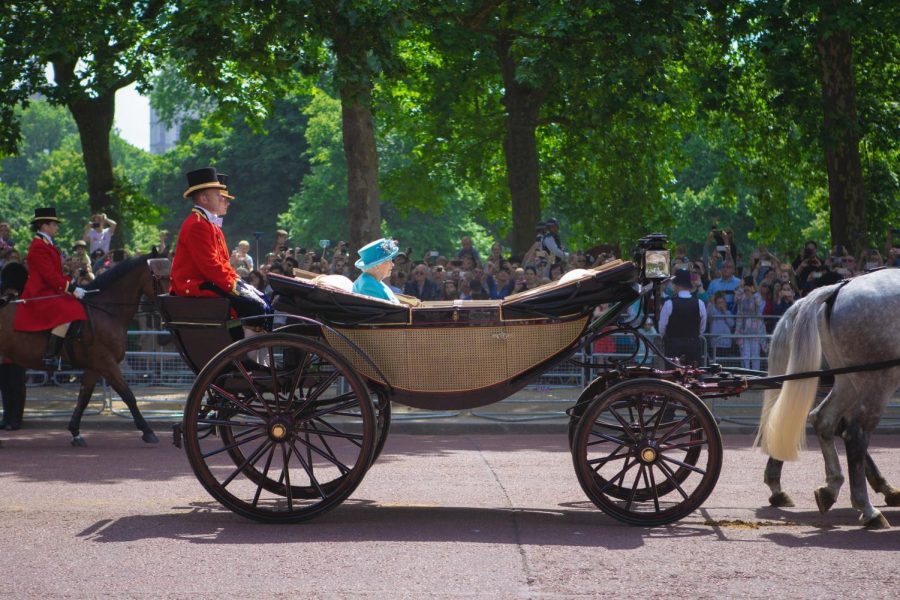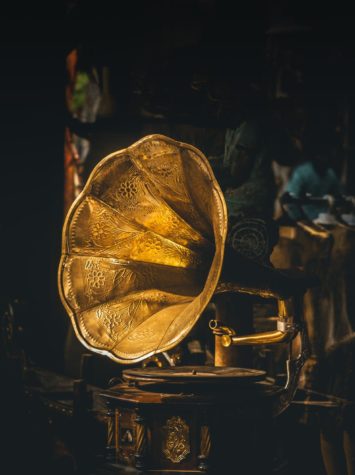Why Do We Still Care About the British Royals?
March 23, 2021
The royal family plays a largely ceremonial role in British politics. The queen is not permitted to support a political side, and the British moved towards a parliamentary system long ago.
However, the delicate royals have been coddled for too long; the monarchy is nothing more than the system of royal ascension alone. We should not concern ourselves with the struggles of pampered royals born centuries too late to be legitimately important, only existing for the purpose of allowing an archaic class structure to linger. With no real point for the monarchy’s continued existence, why do we allow them to continue, and why are so many people invested in their lives?
Britain, though it used to be the home of an absolute monarchy, is now ruled by a constitutional monarchy, with political decisions made by Parliament with the Queen as a symbolic head of state. Lovers of the monarchy argue that royal families embody their country’s human roots and identity, and that the monarchs can easily become symbols of unity in their country. For example, the current Queen’s father, King George VI, played a largely ceremonial role in the patriotism and unity displayed in WWII Britain, in addition to Princess Elizabeth herself. They act as morale boosters, only supposed to act as good role models.
However, that is just not the case. Besides recent events, the highly publicized attempts by Prince Andrew to defend his friendship with Jeffrey Epstein displayed a clear contradiction to setting a good example by the monarchy. They are just a liability; nobody at all should or even can be expected to set a good example all of the time, even for the cost of 69.4 million pounds that the British public is forced to pull out for them each year.
Regardless of their uselessness, however, it’s important to acknowledge that a successful royal family creates a sense of continuity even as politicians come and go. History shows that rebels and non-conformists in the family generate public affection, exemplified by Princess Diana. With 72% approval from the British public and the drastic steps required to remove them, it is clear that the monarchy is here to stay. Despite their controversies and the pointless nature of their role in government, the royal family will not be going anywhere without a fight.












